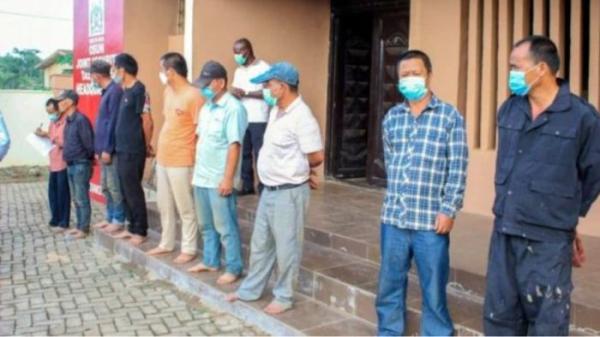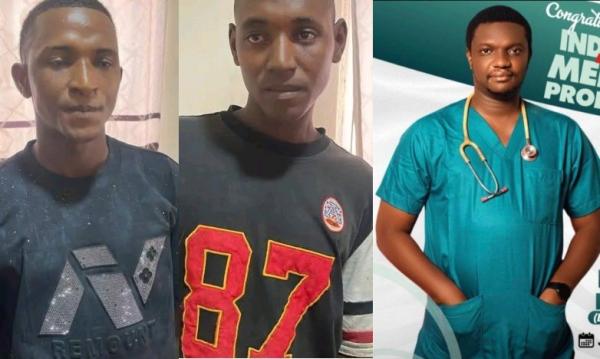
U.S.-led coalition war planes attacked Islamic State targets around the Syrian border town of Kobani overnight as the insurgents pressed their assault against its Kurdish defenders, a monitoring group and witnesses said.
Previous coalition air strikes have failed to stop the insurgent offensive on the predominantly-Kurdish Kobani and the outgunned Kurdish fighters have put up a desperate fight as shells rained down on the town over the past week.
An estimated 180,000 people have fled across the border into Turkey to escape the bloodshed. Islamic State fighters have vowed to take the town within days, saying they would pray in Kobani's mosques for the Muslim religious festival of Eid al-Adha, which began on Saturday.
Warplanes from the U.S-led coalition of Western and regional forces carried out raids in the countryside to the east and south of Kobani on Friday night, the British-based Syrian Observatory for Human Rights said.
One Islamic State vehicle had been destroyed.
Kurdish and Islamic State forces battled as night fell and more shells landed inside the town although there was no immediate word of casualties, the observatory said.
The Islamic State offensive has intensified in recent days and Friday's shelling of Kobani was the heaviest yet, according to Parwer Mohammed Ali, a translator with the Kurdish Democratic Union Party (PYD) who is inside the town.
"Shelling normally calms at night because ISIS is afraid of being spotted by the jets but last night they continued the severe shelling and tried to invade," Parwer said.
Around 90 shells had hit the town and at least two civilians were killed in Friday's fighting. Three air strikes were audible from the south and east of the town on Friday evening, Parwer said.
The fighting had died down on Saturday although sporadic heavy weapons fire could be heard east of Kobani, a Reuters correspondent said.
Islamic State stepped up its offensive close to the Turkish border last month, seizing surrounding villages and advancing to within a few kilometers (miles) of Kobani, which is also known as Ayn al-Arab. Its capture would allow Islamic State to consolidate its hold on swathes of territory in Syria and Iraq.
Swift offensives by Islamic State since June have sent shockwaves through the region and attracted thousands of so-called "foreign fighters" to their cause.
The United States, with support from Western and regional allies, has carried out a series of bombing raids against Islamic State to halt the insurgents' rapid advance.
Beheading
Islamic State militants also executed captured British aid worker Alan Henning - the fourth Western hostage killed in recent weeks. A video posted on Friday night showed him being beheaded.
Similar to previous videos, Henning, a taxi-driver from the northern English town of Salford who had volunteered for a humanitarian mission, was shown reciting an apparently prepared statement criticizing Western efforts to confront Islamic State.
The killing drew immediate condemnation from Western leaders.
British Prime Minister David Cameron said it showed "just how barbaric and repulsive these terrorists are". Everything would be done to hunt down those responsible, he said.
Earlier, a British Islamic State fighter identified as Abu Saeed al-Britani appeared in a separate video urging British Muslims to travel to Syria and Iraq to join Islamic State.
In the video on YouTube, al-Britani, wearing a camouflage shirt and what appears to be a cast on his right arm, calls British and U.S. military forces "cowards" in carrying out air strikes instead of putting troops on the ground.
"So send all your forces. Send them all. Send all your reserves. Send all of your back-ups, for we'll send them back one by one in coffins," he said.
Reuters






















